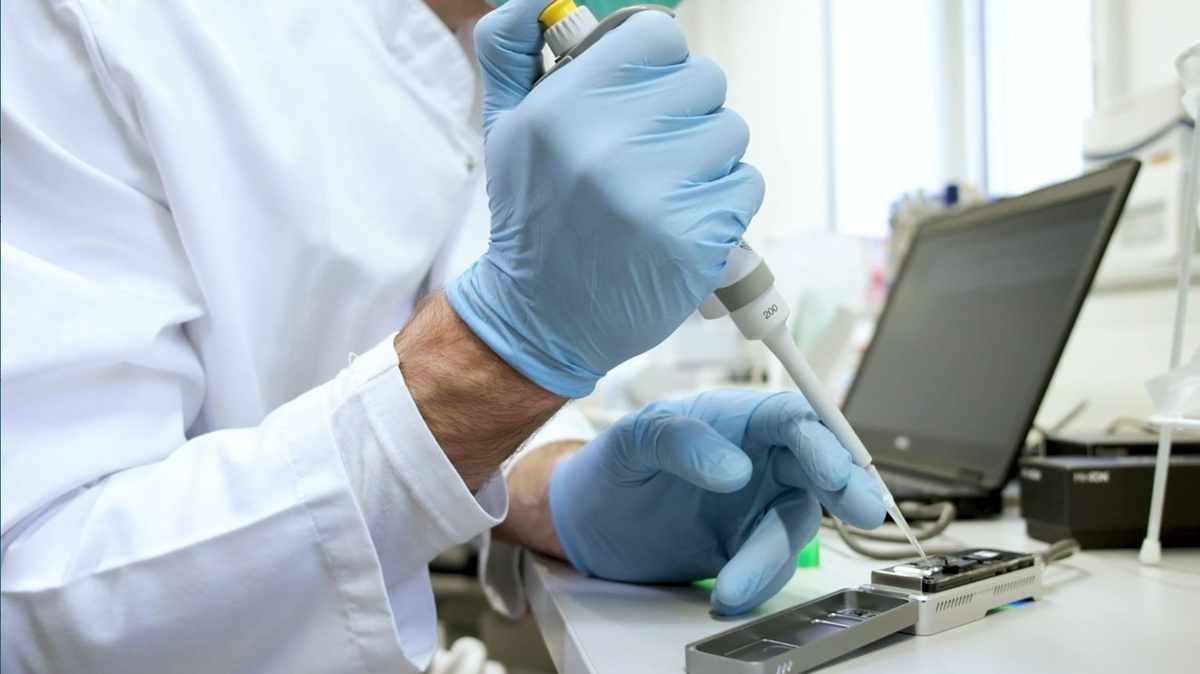When analyzing bacteria from real patient samples, bioinformaticians often face the problem that more than 90 percent of the sequenced DNA comes from the patient himself. Only a relatively small proportion of the sequenced genetic material derives from those microorganisms that are actually to be studied. This complicates the analysis of complex microbiomes like those found in human mucous membranes, and can result in less common bacterial species not being detected.
In a new publication, InfectoGnostics researchers at the JUH have now been able to show how human DNA can be effectively sorted out already during sequencing and the so-called "sequencing depth" can be almost doubled. As a result, the bacterial species present in the samples can be determined much more precisely and used as a kind of microbial profile for diagnostic purposes.
In the study, samples from vaginal swabs of 15 pregnant women were analyzed using the sequencing system from Oxford Nanopore Technologies. "Since the end of 2020, this system has offered a new feature that can be used to specifically determine which DNA should either be enriched or reduced during sequencing," explains the study's first author Mike Marquet, a clinical bioinformatician at UKJ. "In our study, we have now investigated how this new function is suitable for diagnostically relevant patient samples. Accurate knowledge of the composition of the bacterial flora of the vagina allows to predict the course of diseases or possible pregnancy complications," explains Mike Marquet.
The study showed that, in particular, the sorting out ("depletion") of co-sequenced human DNA using bioinformatics methods can be very useful for microbiome analyses: In contrast to DNA enrichment, which is also possible, depletion did not change the relative microbial composition, making it much more suitable for more precise analyses of microbial compositions. "We were able to show that interfering human DNA can be depleted very effectively with this adaptive sampling and that the ''depletion approach'' is thereby very well suited for clinical questions in which the microbial composition is still completely unknown," added bioinformatician Dr. Christian Brandt, senior author of the study.
The Jena scientists expect that the adaptive sampling approach will prove extremely useful for individualized routine diagnostics in the future, opening up new possibilities for personalized therapies.
Link to the original paper in Scientific Reports: https://www.nature.com/articles/s41598-022-08003-8
Marquet, M., Zöllkau, J., Pastuschek, J. et al. Evaluation of microbiome enrichment and host DNA depletion in human vaginal samples using Oxford Nanopore’s adaptive sequencing. Sci Rep 12, 4000 (2022).
